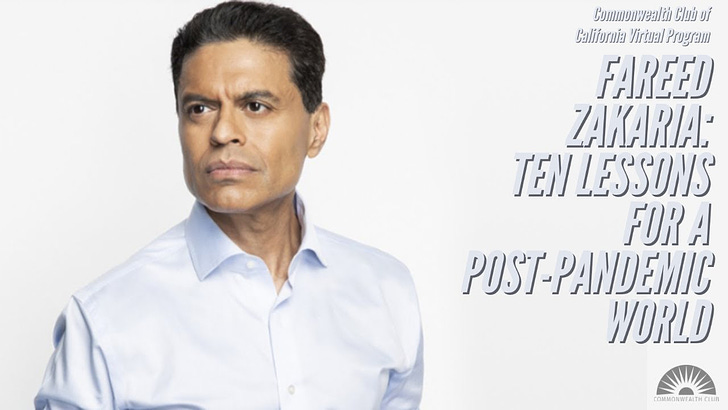“A man is about as big as the things that make him angry.”
- Winston Churchill
“Time is the coin of your life. It is the only coin you have, and only you can determine how it will be spent. Be careful lest you let other people spend it for you.”
- Carl Sandburg
“The main thing is to keep the main thing the main thing.”
- Steven Covey


